Department of Environment and Pacific Recycling Foundation Collaborate to Enhance Safety Measures for CPR
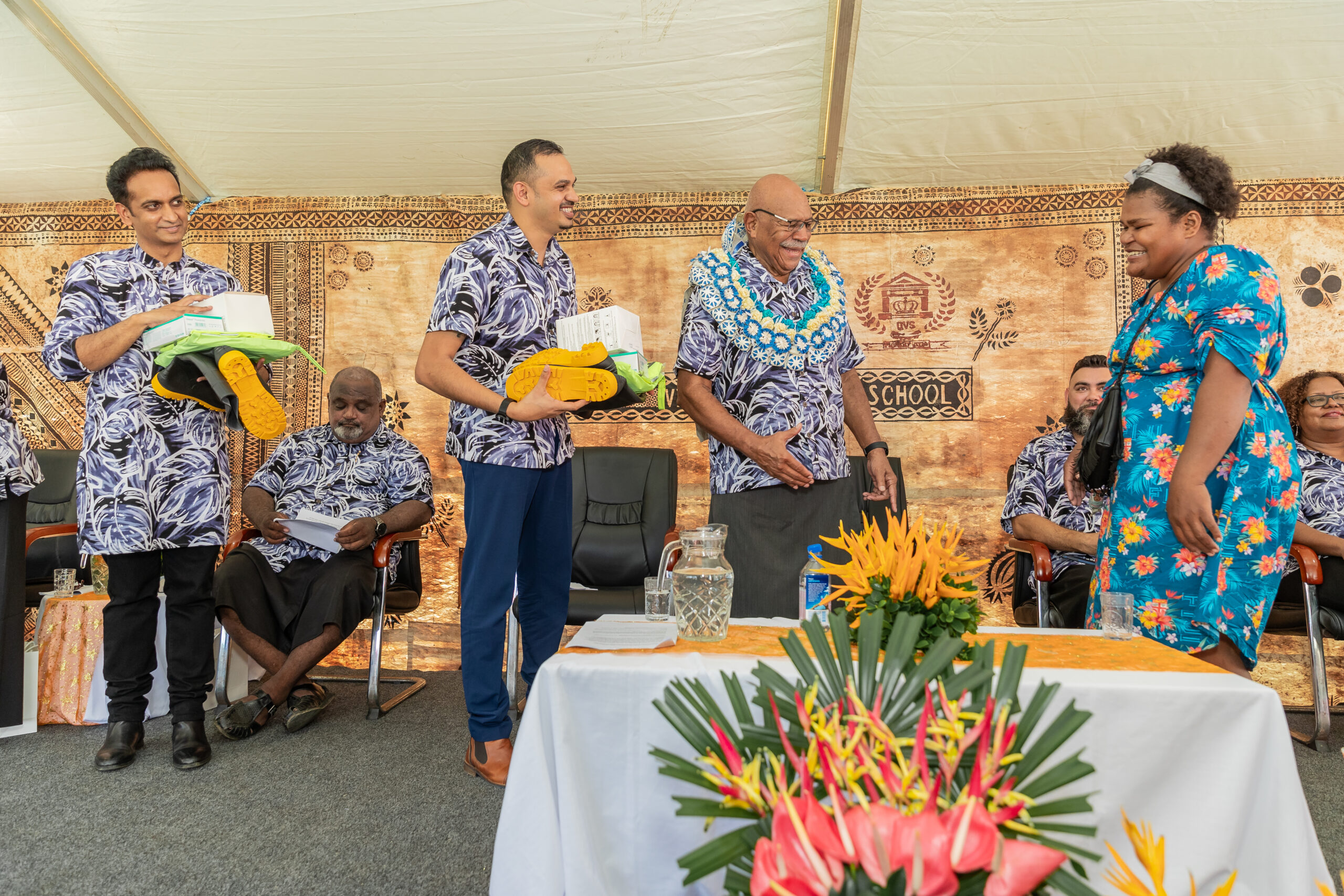

The Department of Environment and Pacific Recycling Foundation have joined hands in a collaborative effort to bolster safety measures for Collection Pillars of Recycling.
This partnership marks a significant step towards ensuring the safety and well-being of individuals operating in hazardous environments.
The initiative involved the handover of Personal Protective Equipment (PPE) including gumboots, hand gloves, reflector jackets, raincoats, and face masks to 15 Collection Pillars of Recycling (CPR) who are actively engaged in the collection of recyclables in Lautoka.
The collaboration between DOE and PRF also signifies a proactive approach towards addressing critical issues within the recycling sector, focusing on enhancing safety standards and promoting sustainable practices. This commitment resonates with the comments made by Prime Minister, Hon. Sitiveni Rabuka on Global Recycling Day, who emphasised the need for greater recognition of CPR and an end to labelling these critical stakeholders as ‘waste pickers’.
The Permanent Secretary for Environment and Climate Change, Dr. Sivendra Michael, underscored the broader significance of this joint effort.
He stated that beyond the provision of safety gear, the partnership symbolises a broader commitment to raising awareness and upholding the livelihoods of individuals reliant on collecting recyclables.
“CPR play a vital role in reducing carbon emissions by diverting recyclable materials from dumpsites for recycling purposes. Their contribution to mitigating environmental degradation cannot be overstated, and it is imperative that we collectively support their work and recognise them for their invaluable contributions,” said Dr. Michael.
Commenting on the partnership, PRF Founder, Mr. Amitesh Deo emphasised the fundamental right of every individual involved in collecting recyclables to operate in a secure environment.
He highlighted the alarming absence of protective provisions nationwide, citing PRF’s comprehensive mapping exercise of the Collection Pillars of Recycling conducted last year, which revealed a stark lack of protective gear for CPR across the country.
“Many CPR operate without adequate protective gear due to a combination of unawareness regarding associated risks and financial constraints. The provision of essential safety gear through this initiative aims to address these challenges and ensure the safety of CPR in hazardous dumpsite environments,” said Mr. Deo.
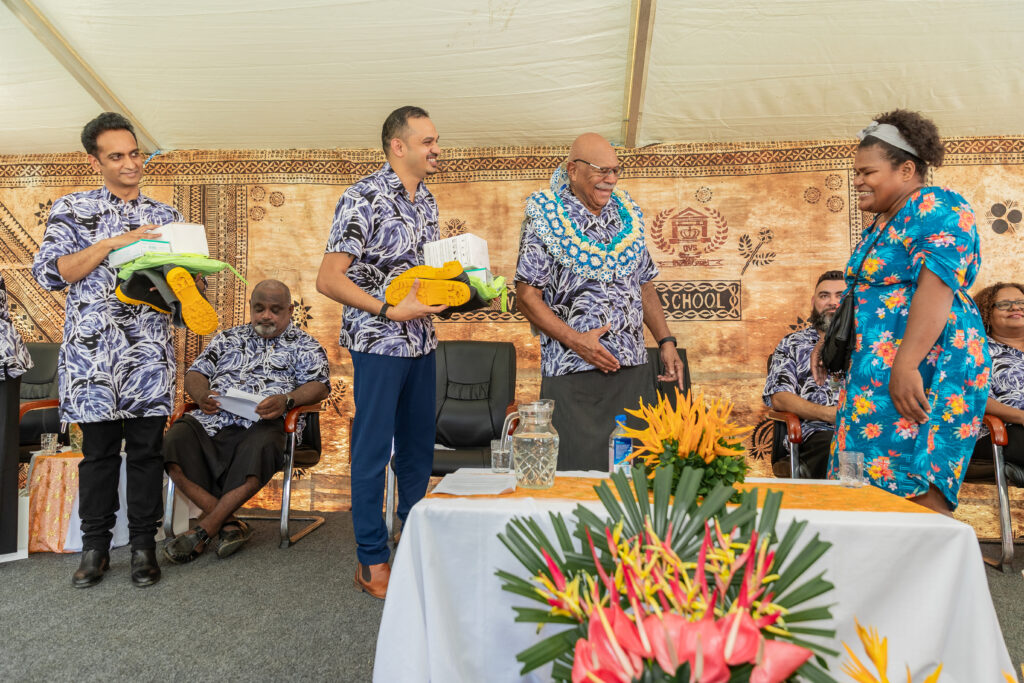

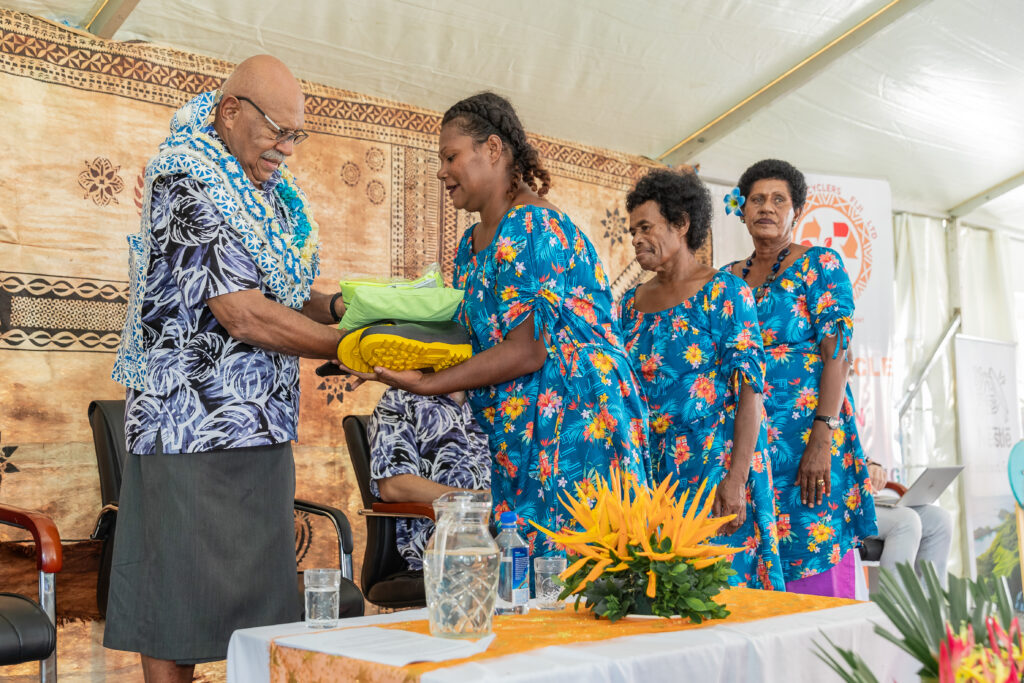
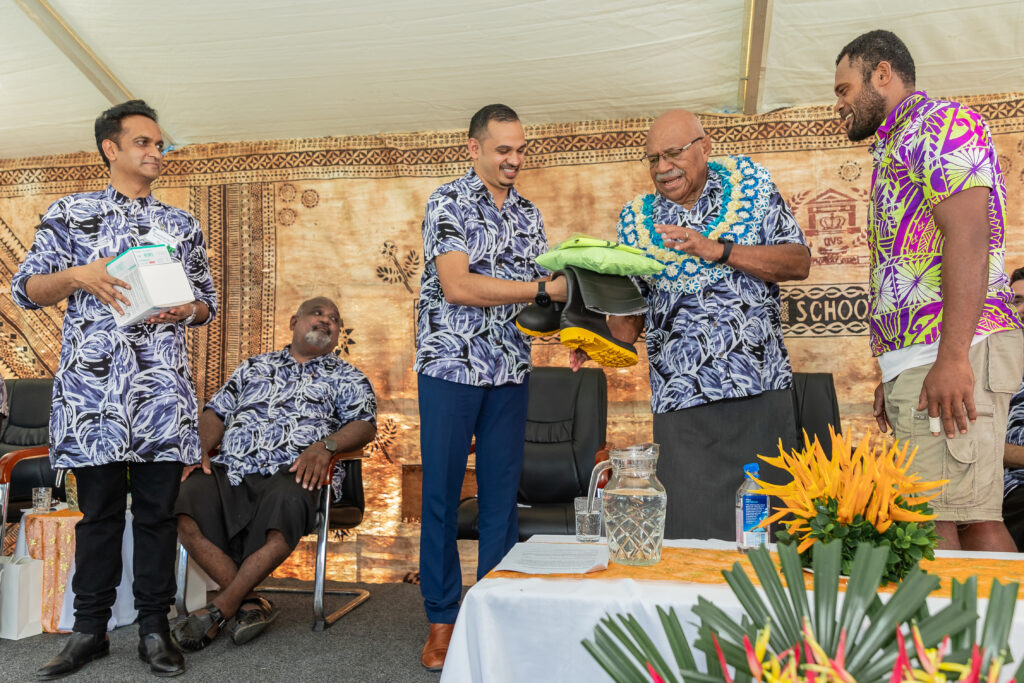
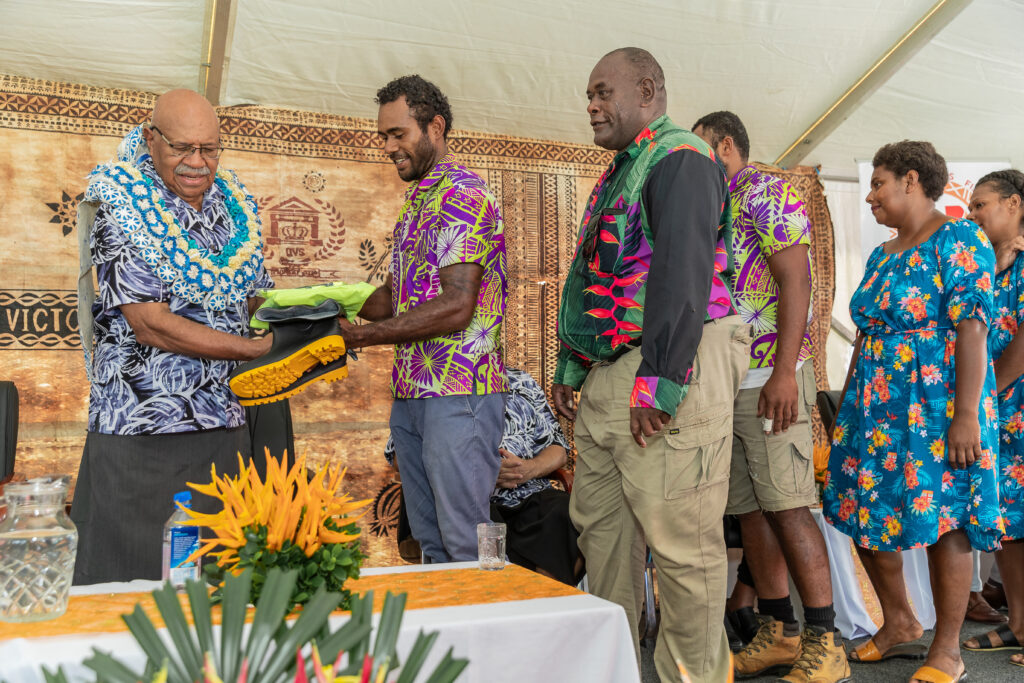
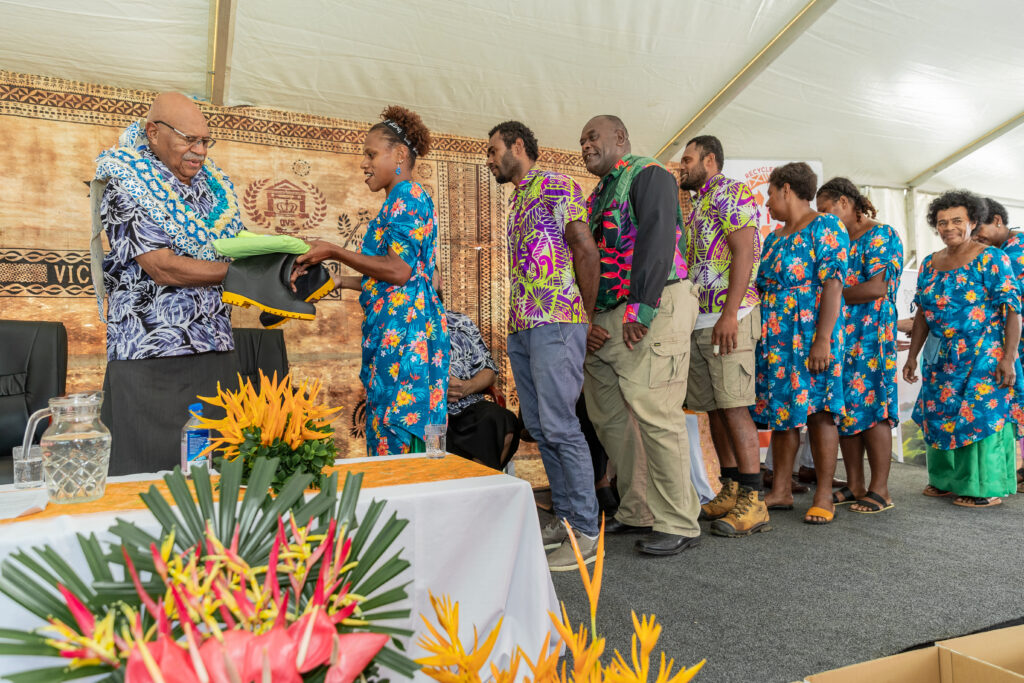

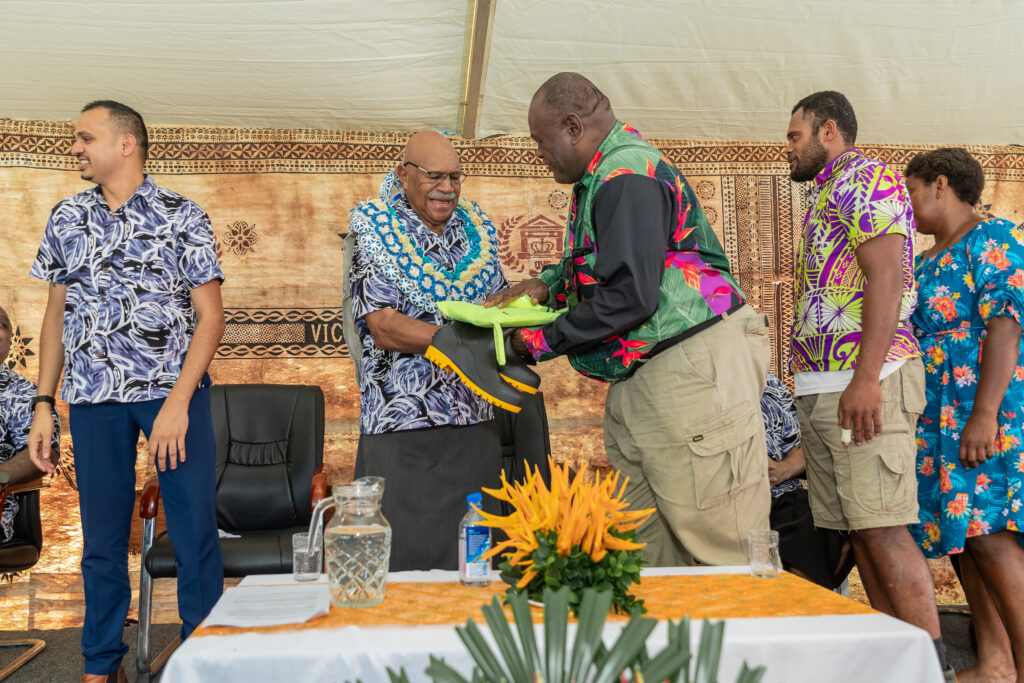

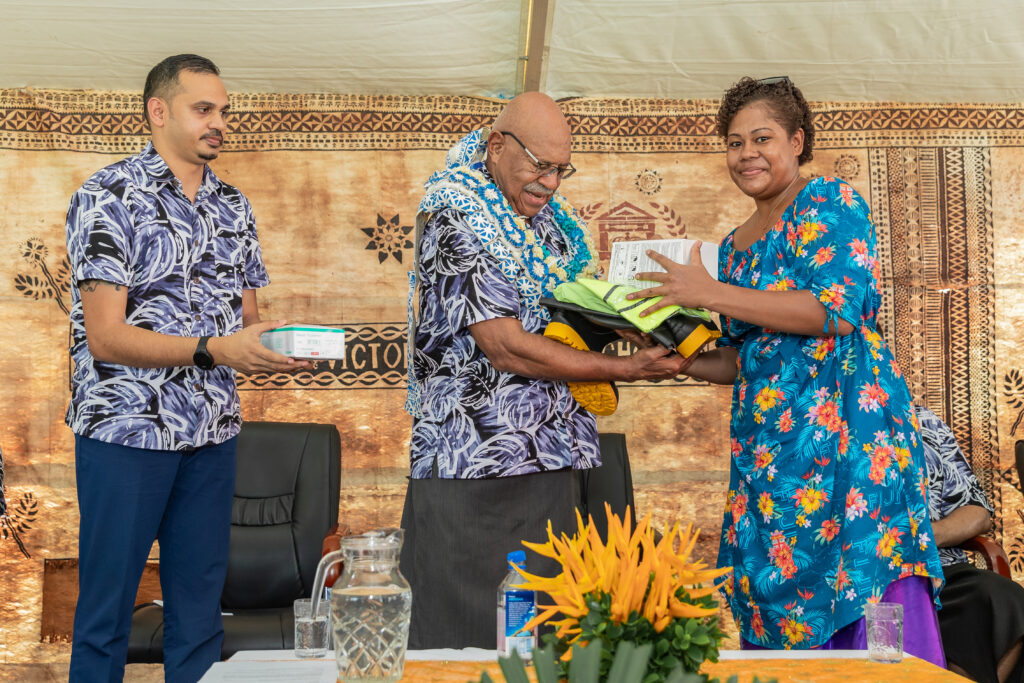
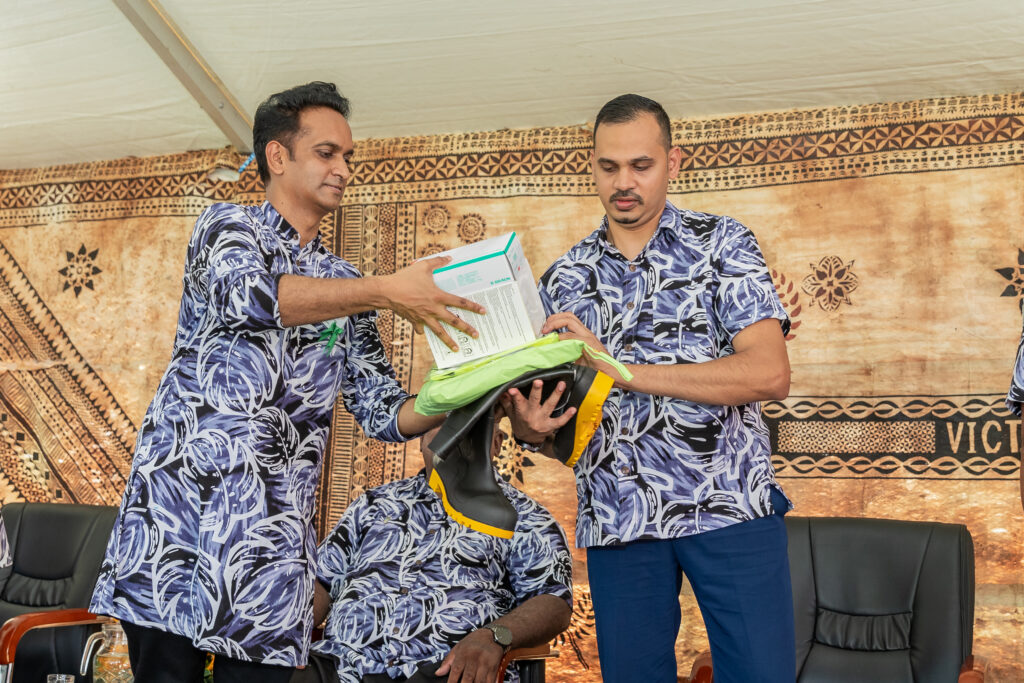
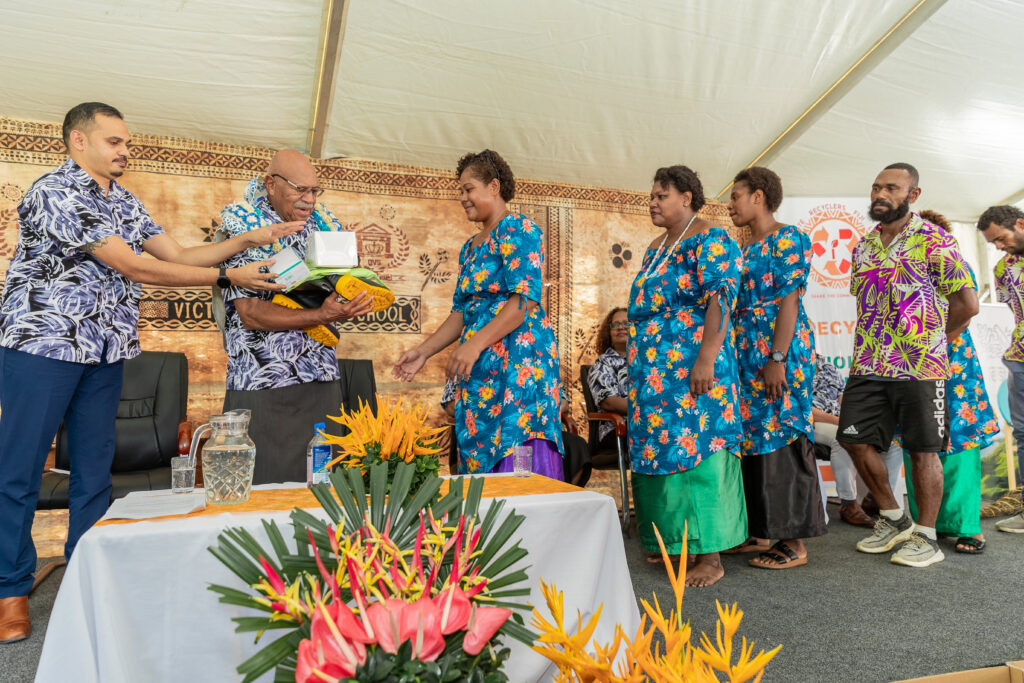
Notifications